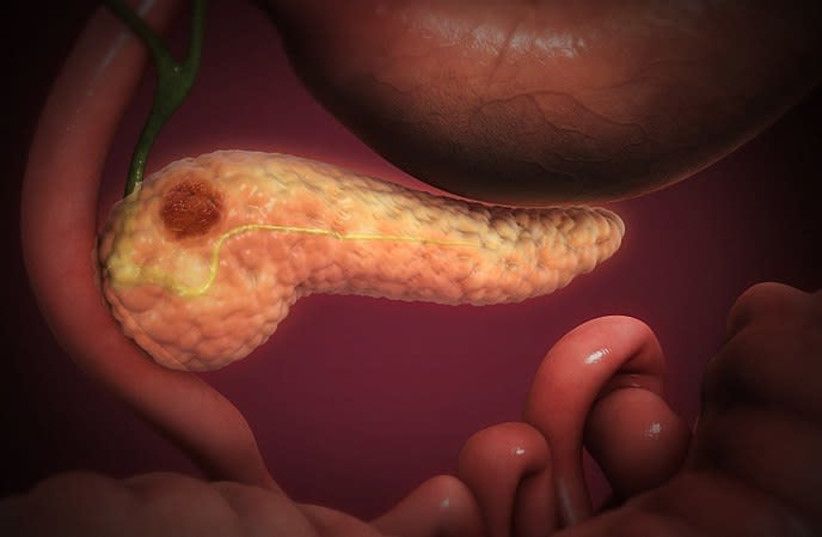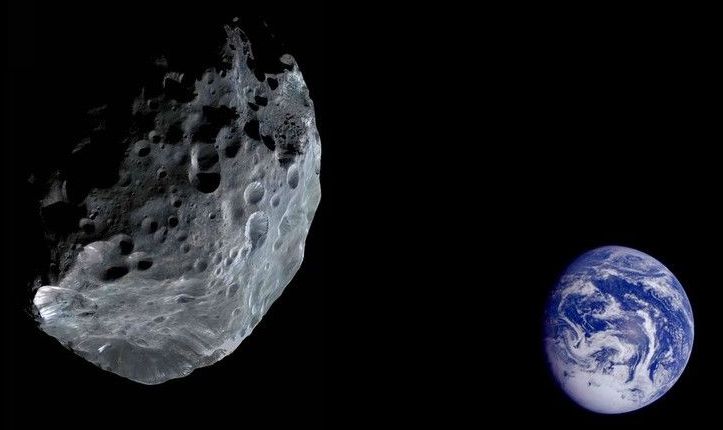The tumor in one mouse that was injected with human cancer cells completely disappeared.



The universe is filled with billions of galaxies and trillions of stars, along with nearly uncountable numbers of planets, moons, asteroids, comets and clouds of dust and gas – all swirling in the vastness of space.
But if we zoom in, what are the building blocks of these celestial bodies, and where did they come from?
Hydrogen is the most common element found in the universe, followed by helium; together, they make up nearly all ordinary matter. But this accounts for only a tiny slice of the universe — about 5%. All the rest is made of stuff that can’t be seen and can only be detected indirectly. [From Big Bang to Present: Snapshots of Our Universe Through Time].


Asteroids are coming?
The asteroid, dubbed 2019 WR3, has been directly observed some 74 times by NASA since it was spotted in the skies on November 27, so the space agency could calculate its size, speed and trajectory, and determine the threat level.
NASA now believes the space rock measures between 76 and 170 meters (249 and 557 feet) and is travelling at speeds of 27,036kph (16,799mph).
This flying motorcycle is straight out of an action movie.
Big tech firms are investing in data centers as they compete for the $214 billion cloud computing market. WSJ explains what cloud computing is, why big tech is betting big on future contracts.
More from the Wall Street Journal:
Visit WSJ.com: http://www.wsj.com
Visit the WSJ Video Center: https://wsj.com/video
On Facebook: https://www.facebook.com/pg/wsj/videos/
On Twitter: https://twitter.com/WSJ
On Snapchat: https://on.wsj.com/2ratjSM
#WSJ #Amazon #Microsoft



In pouring over data from Australia’s Desert Fireball Network (DFN) — a network of cameras set up across Australia to capture images of minimoon fireballs, or minimoons entering Earth’s atmosphere and burning up — a group of researchers have identified what they think is a minimoon meteor, or fireball.
This is the second time that researchers have identified a TCO blazing through the atmosphere before hitting the ground. In finding the fireball, named DN160822_03, the researchers think that it exploded over the Australian desert on Aug. 22, 2016.
Related: Earth Has ‘Minimoons,’ and They May Solve Asteroid Mysteries.
Cyrus Biotechnology in Seattle and Broad Institute of MIT and Harvard launch collaboration to develop optimized CRISPR gene technology.
Cyrus Biotechnology, Inc. Lucas Nivon, 206−258−6561 [email protected]